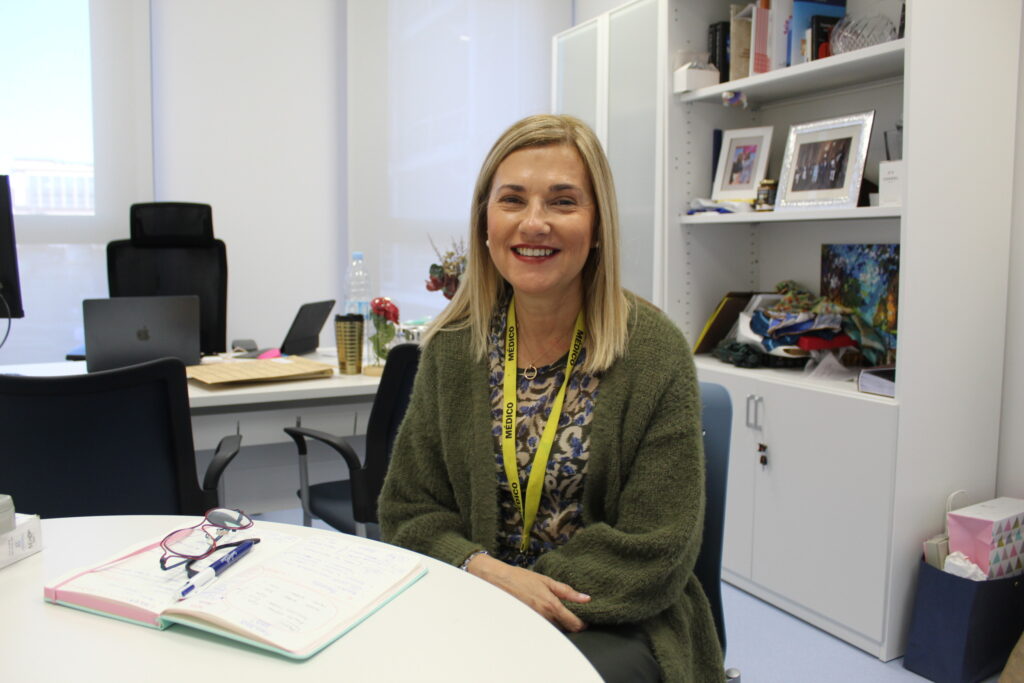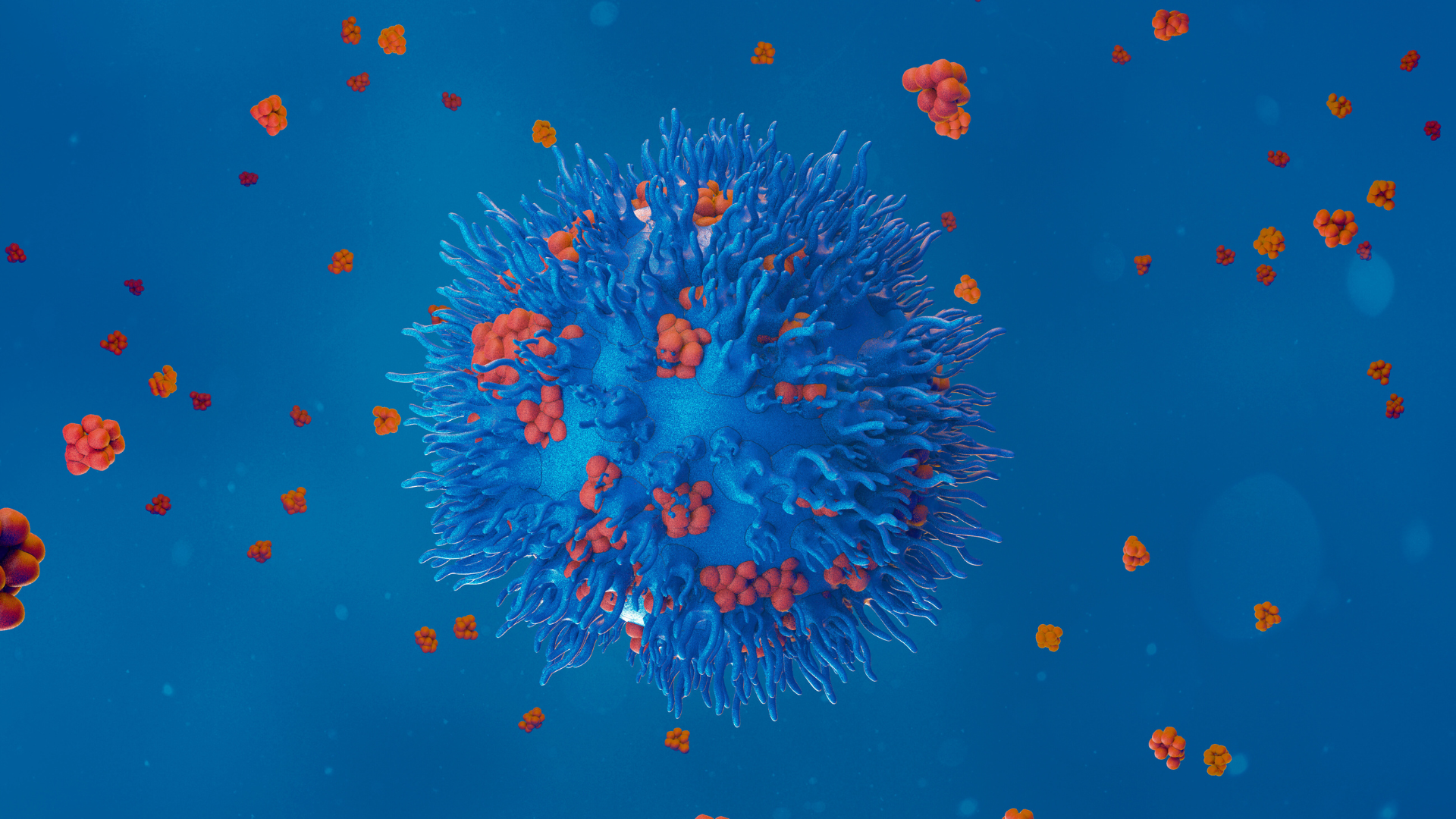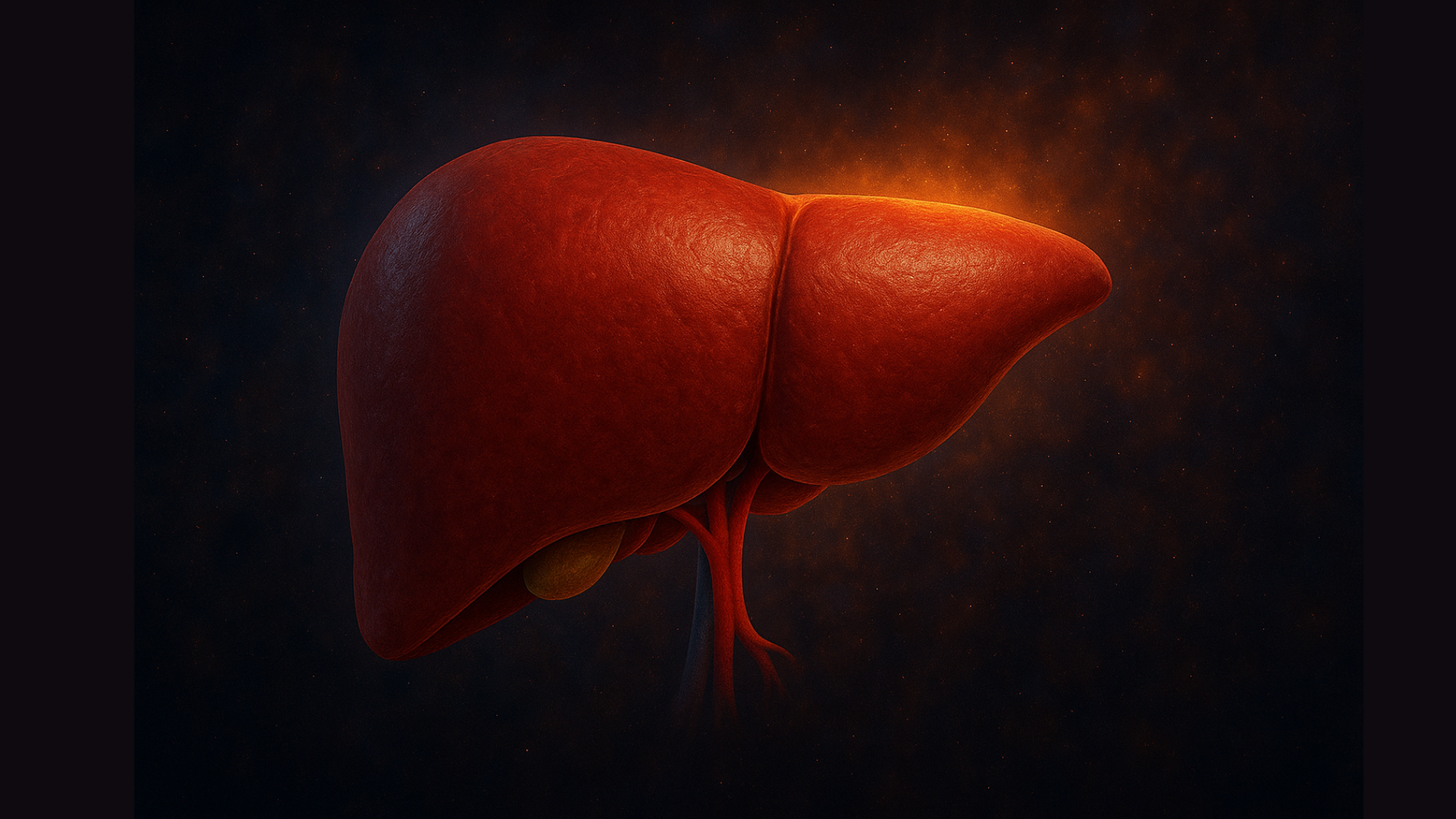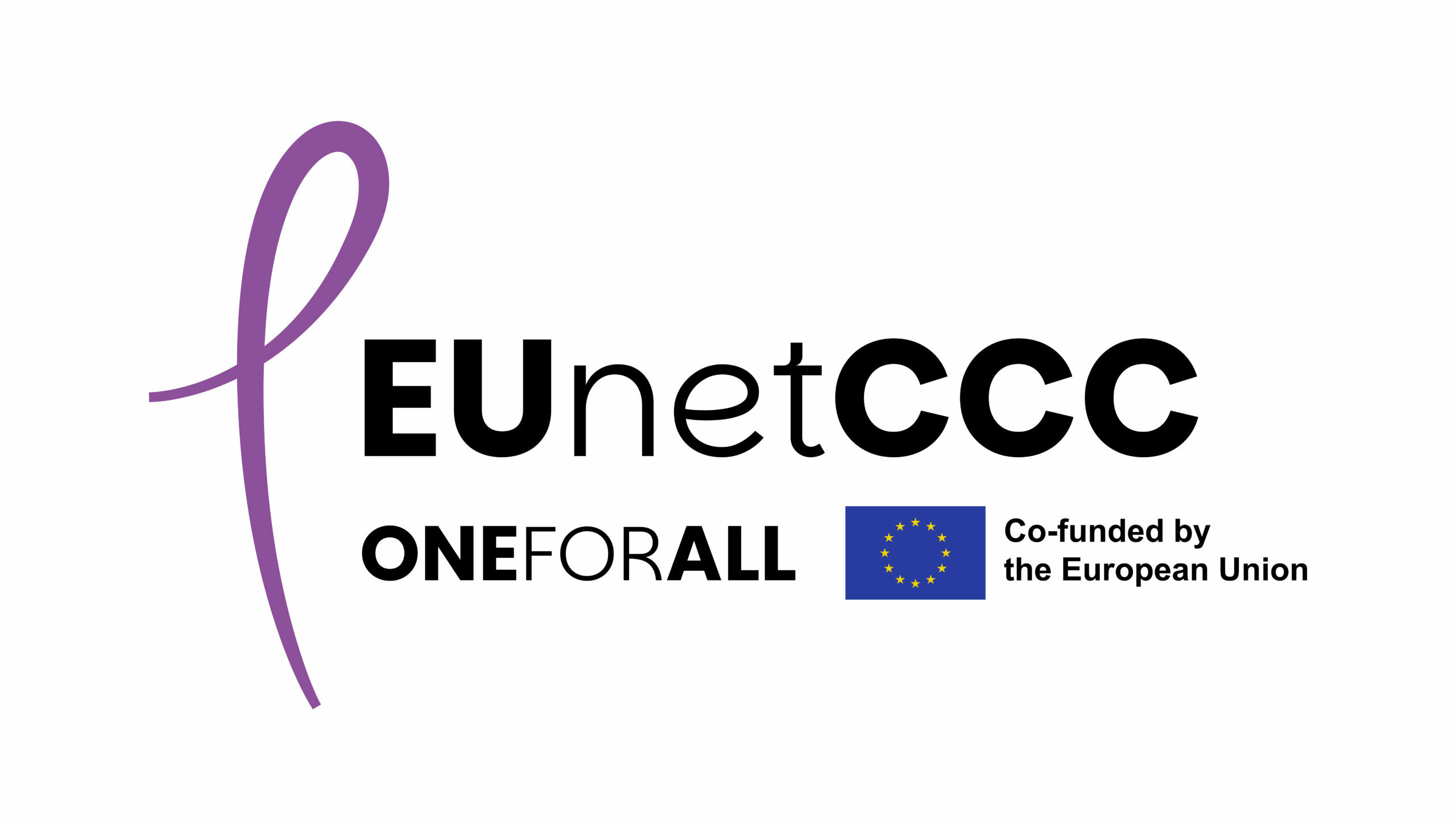The collaboration of the Complejo Asistencial Universitario de Salamanca through the IBSAL and the Hospital Virgen de Rocío, through the Instituto de Biomedicina de Sevilla, has obtained funding from the ISCIII to carry out this study that will recruit 27 patients from seven hospitals distributed throughout Spain to treat them with this innovative therapy.
The principal investigator, María Victoria Mateos, CAUSA hematologist, world expert in myeloma and coordinator of the Cancer area of IBSAL, highlights the relevance of this collaborative project to validate a treatment that has proven to be more effective and safe in preclinical models, and that has been developed in a Spanish public research center.
The collaboration of the Complejo Asistencial Universitario de Salamanca (CAUSA), through the Instituto de Investigación Biomédica de Salamanca (IBSAL) and the Hospital Virgen del Rocío, through the Instituto de Biomedicina de Sevilla (IBiS), has made possible the launch of a pioneering clinical trial to treat patients with relapsed multiple myeloma with a new academic and improved academic CAR-T.
The so-called CARTemis-1, developed and validated in preclinical models by IBiS Seville, is not only specifically designed to more efficiently target a key protein in multiple myeloma cells, known as BCMA, but also has the capacity to express EGFR, thus facilitating its monitoring before and after infusion, and allowing its complete elimination in case of toxicity, through the use of a monoclonal antibody.
Thanks to this innovative tool and the recognized worldwide experience in multiple myeloma of the trial’s principal investigator, María Victoria Mateos, CAUSA hematologist and coordinator of the Cancer area of IBSAL, funding has been obtained from the Carlos III Health Institute in the call for Independent Clinical Research Projects, which will allow its effective transfer to patients, whose recruitment will begin at the end of the year in seven hospitals throughout Spain.

María Victoria Mateos, CAUSA hematologist, coordinator of the Cancer area of IBSAL and principal investigator of the project.
“In Spain we have been pioneers in cell therapy research, and the relevance of this project lies precisely in being able to carry out research with an academic CAR-T and to do so, moreover, thanks to the collaboration between different centers,” assures María Victoria Mateos. Regarding the treatment, which ” hasnot only been shown to be more effective in preclinical models, but also allows us to neutralize it if we observe any relevant toxicity“, it will be tested initially in patients in advanced stages of the disease and later in earlier relapses, once the optimal dose has been defined and safety has been evaluated.
Coping with relapses in multiple myeloma
Multiple myeloma accounts for approximately 10% of hematologic malignancies, with an incidence of 3 to 5 cases per 100,000 persons in Western Europe and an average age at diagnosis of 65 years. Although the prognosis of this blood cancer has improved significantly in recent years with the use of immunomodulatory agents (IMiDs), proteasome inhibitors (PIs) and anti-CD38 monoclonal antibodies (MoAb), the disease remains incurable and relapses occur, so it is essential to continue advancing in the development of innovative therapies to respond to these patients.
In this scenario, the use of CAR-T therapy, which is based on the genetic modification of the patient’s own T cells so that they can recognize and destroy tumor cells, has been shown to be effective in patients with refractory myeloma. However, some limitations have been detected and the development of new optimized versions of CAR-T is crucial to improve results. CARTemis-1 incorporates a more flexible design, which improves its ability to access and kill myeloma cells more efficiently, and also allows for more accurate monitoring and is safer from potential toxicity, as it can be inactivated at any time with the anti-EGFR monoclonal antibody Cetuximab, thus minimizing the risk of serious adverse events.
27 patients from seven Advanced Therapy Network hospitals
The Phase I/II clinical trial will evaluate a maximum of 27 patients diagnosed with multiple myeloma in seven Spanish hospitals -Virgen del Rocío (Seville), Hospital Universitario de Salamanca, Marqués de Valdecilla (Santander), 12 de octubre (Madrid), Virgen de la Arrixaca (Murcia), Santa Creu i Sant Pau (Barcelona) and Hospital de Santiago de Compostela), with the participation of clinical and research teams attached to the Spanish Network of Advanced Therapies (RICORS-TERAV, RICORS-TERAV), Santa Creu i Sant Pau (Barcelona) and Hospital de Santiago de Compostela), with the participation of clinical and research teams belonging to the Spanish Network of Advanced Therapies (RICORS-TERAV, ISCIII), which also contributes to the optimization of collaborative public research and facilitates accessibility to innovative treatments.
The design of this trial also aims to maximize the potential clinical benefit of CARTemis-1, so a double cohort of patients is established, using it in the population with multiple myeloma that will be the most frequent in the coming years -with 1 previous line of treatment, but already exposed to the main drugs available- , but guaranteeing safety through an initial phase that will be carried out in a group already more treated, with fewer therapeutic options and worse prognosis.
The study will subsequently be completed with an exhaustive analysis of the patients’ immune system and the tumor clone, baseline and sequentially after treatment, to define potential determinants of response and resistance to treatment, which may help to decipher possible tumor escape mechanisms. As a result, it will be possible to personalize the use of CAR-Temis-1 by selecting those patients most likely to benefit from it, optimizing available resources.
Significant social impact: innovation, accessibility and savings for the NHS
“This strategy is necessary to complement our therapeutic arsenal against myeloma and to improve access to innovative cell therapy. In Spain we only have one CAR-T approved for advanced stages of myeloma, and it is the least effective of those on the market. This academic and clinical research will enable us to offer it to more patients, with an improved version and in earlier lines,” assures María Victoria Mateos.
Bearing in mind that this trial will be carried out in patients with relapsed or refractory multiple myeloma, whose treatment remains an unmet medical need to date, the results could represent a highly relevant innovation in this field. The inclusion of 7 centers from all over Spain also means that the socioeconomic benefits will be distributed throughout the country.
All in all, the social impact of this project will not only have a positive impact on the survival and quality of life of patients, but will also have a very positive economic impact on the healthcare system. This is due to the reduction in the costs of an academic CART compared to commercial ones, as well as the potential reduction in side effects and the need for hospitalization and complementary therapies that this new treatment is expected to have.
The IBSAL
The Institute of Biomedical Research of Salamanca (IBSAL) was established on March 21, 2011 through an agreement signed by the Ministry of Health of the Regional Government of Castilla y León and the University of Salamanca, which was joined in February 2012 by the Spanish National Research Council (CSIC). It integrates and coordinates the biosanitary research carried out at the University Hospital of Salamanca, the Primary Care Management of Salamanca and the biosanitary area of the University of Salamanca, including the Institute of Neurosciences of Castilla y León and the Institute of Molecular and Cellular Biology of Cancer.
Its scientific activity is structured in six areas, with a total of 85 research groups: Cancer (23 groups); Cardiovascular, Renal and Respiratory (11); Neurosciences (12); Infectious, Inflammatory and Metabolic Diseases (19); Gene and Cell Therapy and Transplants (6) and Primary Care, Public Health and Pharmacology (14).
More information and contact:
comunicacion@ibsal.es



